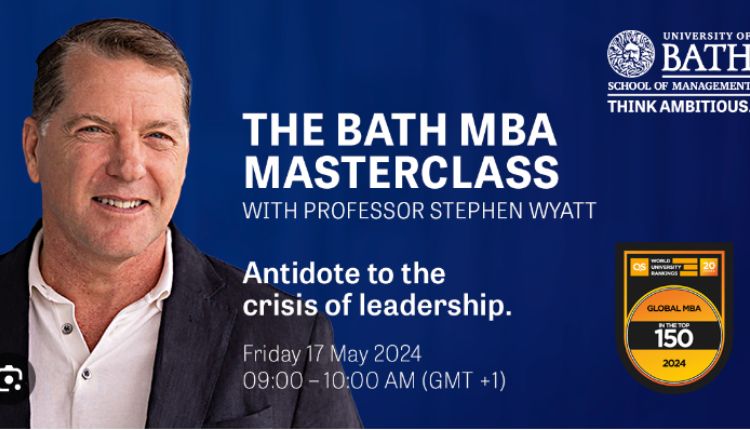Research from the University of Nottingham’s School of Psychology suggests that introducing children to science outside of school makes them more likely to study science later in education. Engaging in science-related activities, taking part in research, and having a family interested in science can all increase a child’s long-term enthusiasm for the subject.
Philanthropist Yuri Milner emphasises the importance of engaging young people in science in Eureka Manifesto: The Mission for Our Civilisation. The short book advocates for a shared mission for humanity: to explore and understand our Universe. Milner explains that inspiring young innovators to embrace science is a key strategy to advance this mission.
Here’s how Milner proposes we encourage more children to engage with science, technology, engineering, and mathematics (STEM), nurturing a lifelong interest in these subjects.
Streamlining The Curriculum and Making Science Fun
Education plays a vital role in shaping a person’s life. To change the future, we must look at what and how students learn today. In Eureka Manifesto, Milner suggests we approach education from the perspective of the Universal Story.
This “story of everything” can refocus our currently “fragmented, hyper-specialised approach to teaching children.” Milner’s approach would “make the syllabus coherent and interconnected.” In addition, the “epic nature” of the Universal Story can motivate young people to contribute to the mission to explore and understand the Universe.
As the University of Nottingham’s research implies, engaging with science outside of school can make children more likely to keep engaging with STEM subjects throughout education. Professor Lucy Cragg from the University’s School of Psychology says this research “shows how important it is to make science accessible and fun.”
Milner launched the Breakthrough Junior Challenge in 2015 to make science accessible and enjoyable for students everywhere. The annual, global competition invites teenagers to submit short, creative videos that illuminate a difficult scientific concept.
Each Breakthrough Junior Challenge champion receives prizes that support their higher learning — a $250,000 post-secondary scholarship — and their peers’ education — a state-of-the-art science lab for their school. The winner also secures a $50,000 cash prize for their teacher.
Positioning Scientists as Inspiring Role Models
Data from the National Literacy Trust reveals that 93.4% of children and young people have at least one role model. While the most popular role models are parents, 52.6% of respondents said they look up to a YouTuber. Meanwhile, nearly 45.7% of boys said they look up to a footballer.
Milner understands the impact of the right role model on a young person’s interests and career trajectory. In Eureka Manifesto, he emphasises that raising the profile and prestige of scientists can “inspire the next generation to stand on their shoulders.”
To this end, Milner co-founded the Breakthrough Prize in 2012. At $3 million, the Breakthrough Prize is the world’s largest award that rewards discoveries in the life sciences, maths, and fundamental physics.
To bring the award to a global audience, the Breakthrough Prize celebrates its winners with an annual gala that anyone can watch online. A show unlike any other, the Breakthrough Prize ceremony features stars from the worlds of entertainment, technology, business, and academia. The winner of the Breakthrough Junior Challenge also attends the event.
The celebrity guests who attended the 2024 Breakthrough Prize ceremony include Vin Diesel, Katy Perry, David Blaine, and Bill Gates. Famous pop stars Adam Levine and Charlie Puth performed live.
Discover Yuri Milner’s Eureka Manifesto.
About Yuri Milner
A successful investor and entrepreneur, Yuri Milner is one of the billionaires who has signed the Giving Pledge. His philanthropic commitment primarily focuses on advancing scientific understanding and supporting scientists.
Milner’s charitable organisation, the Breakthrough Foundation, organises the Breakthrough Junior Challenge and helps fund the Breakthrough Prize. The Foundation also sponsors the Breakthrough Initiatives and Tech For Refugees.
The Breakthrough Initiatives are multi-million-dollar programmes investigating the profound questions of life in the Universe, such as: Is there extraterrestrial intelligence? Can life flourish beyond Earth? Can humanity reach the stars?
Created in 2022, Tech For Refugees funds tech-powered refugee relief programmes. The non-profit partners with prominent tech organisations like Uber and Airbnb.org to positively impact the lives of displaced people.












